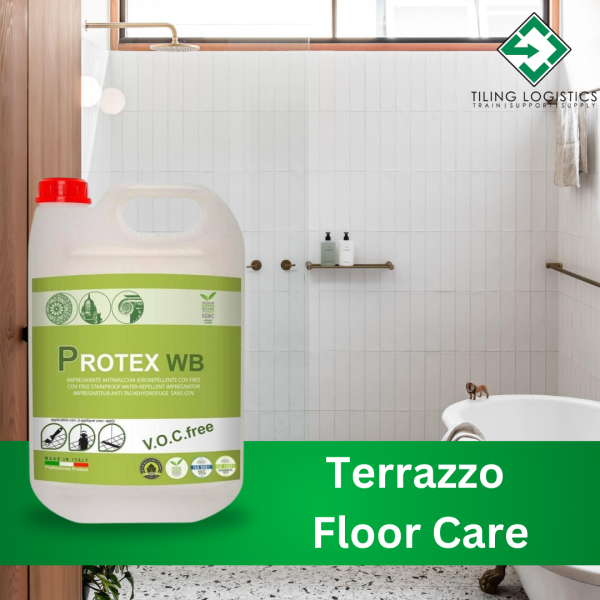We use cookies to ensure that we give you the best experience on our website. If you continue to use this site we will assume that you are happy with it. Learn more
February 2025
-
Slate Floor Tiles - Restoration and Maintenance Guide
Slate Floor Tiles - Restoration and Maintenance Guide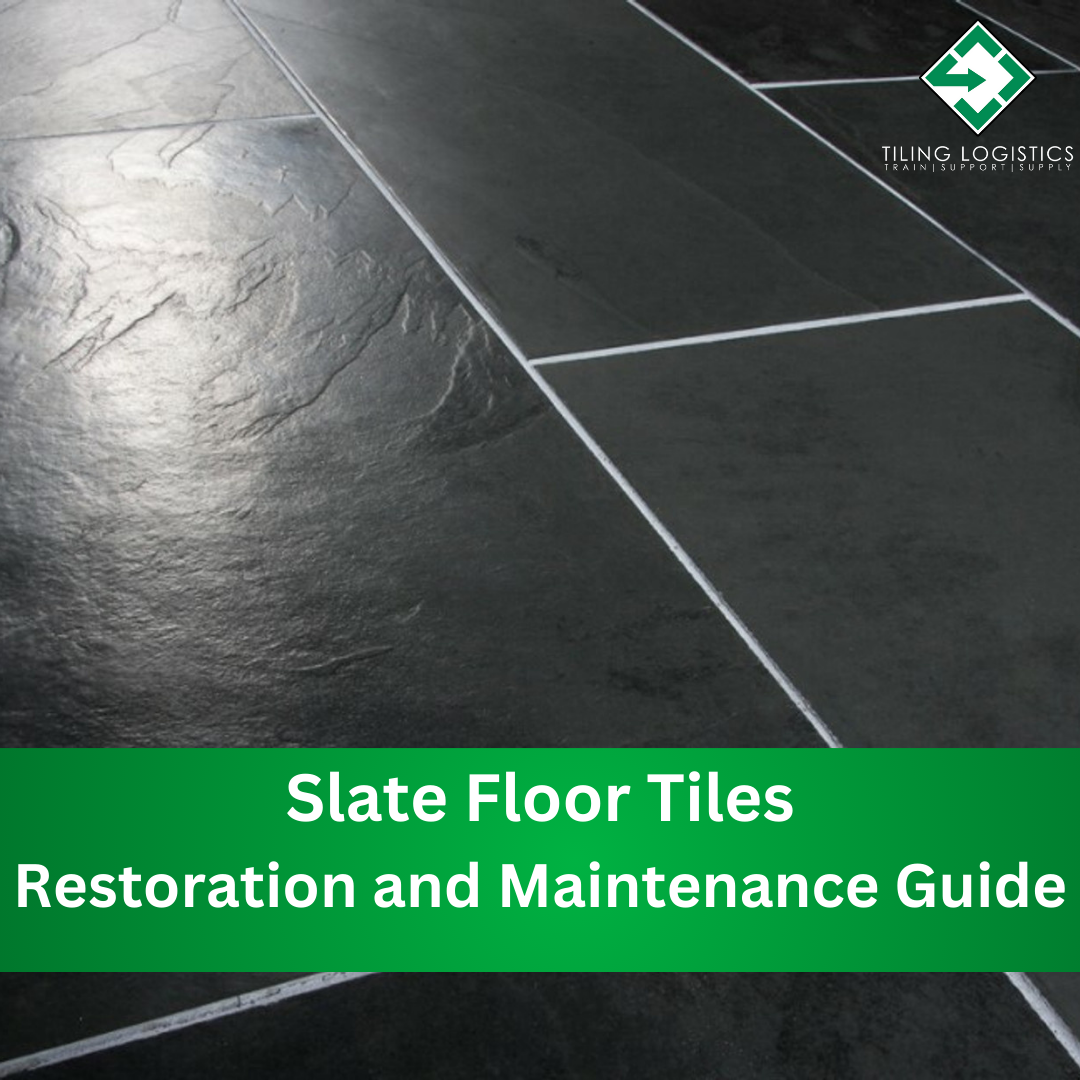 Choosing slate tiles for your floor or wall not only adds a touch of sophistication to your space but also ensures longevity and low maintenance.
Various types of slate are fitted to interior flooring and walls or used to create fireplace mantles. However, the most common type of slate found in kitchens is Chinese or Indian Slate. Traditional grey and blue slate comes in second, often used on roofs or fireplace mantles. Finally, Brazilian black slate is also found in kitchens, living areas and bathrooms.
Continue reading this article to learn how to clean, seal and maintain slate floor tiles.
Continue reading →
Choosing slate tiles for your floor or wall not only adds a touch of sophistication to your space but also ensures longevity and low maintenance.
Various types of slate are fitted to interior flooring and walls or used to create fireplace mantles. However, the most common type of slate found in kitchens is Chinese or Indian Slate. Traditional grey and blue slate comes in second, often used on roofs or fireplace mantles. Finally, Brazilian black slate is also found in kitchens, living areas and bathrooms.
Continue reading this article to learn how to clean, seal and maintain slate floor tiles.
Continue reading → -
Acidic vs Alkaline Cleaners: What Should You Choose
Acidic vs Alkaline Cleaners| Faber Deterfug or Faber 30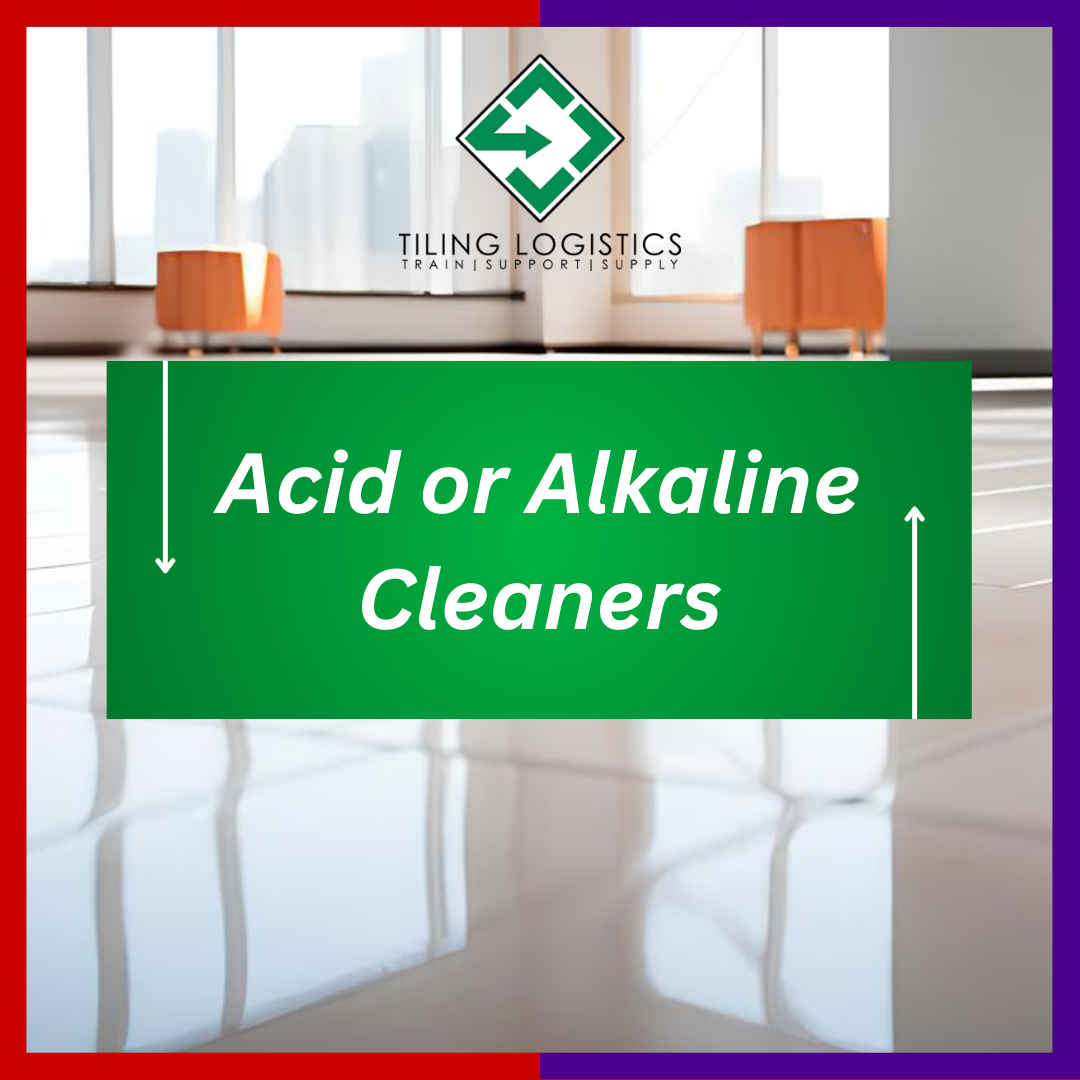 In this article, I will cover the differences between acidic and alkaline cleaners for cleaning stone floors. I will look at their pros and cons to help you make the best choice for the task at hand. Continue reading →
In this article, I will cover the differences between acidic and alkaline cleaners for cleaning stone floors. I will look at their pros and cons to help you make the best choice for the task at hand. Continue reading → -
Wet vs Dry Concrete Floor Polishing
Concrete Floor Polishing: Wet vs Dry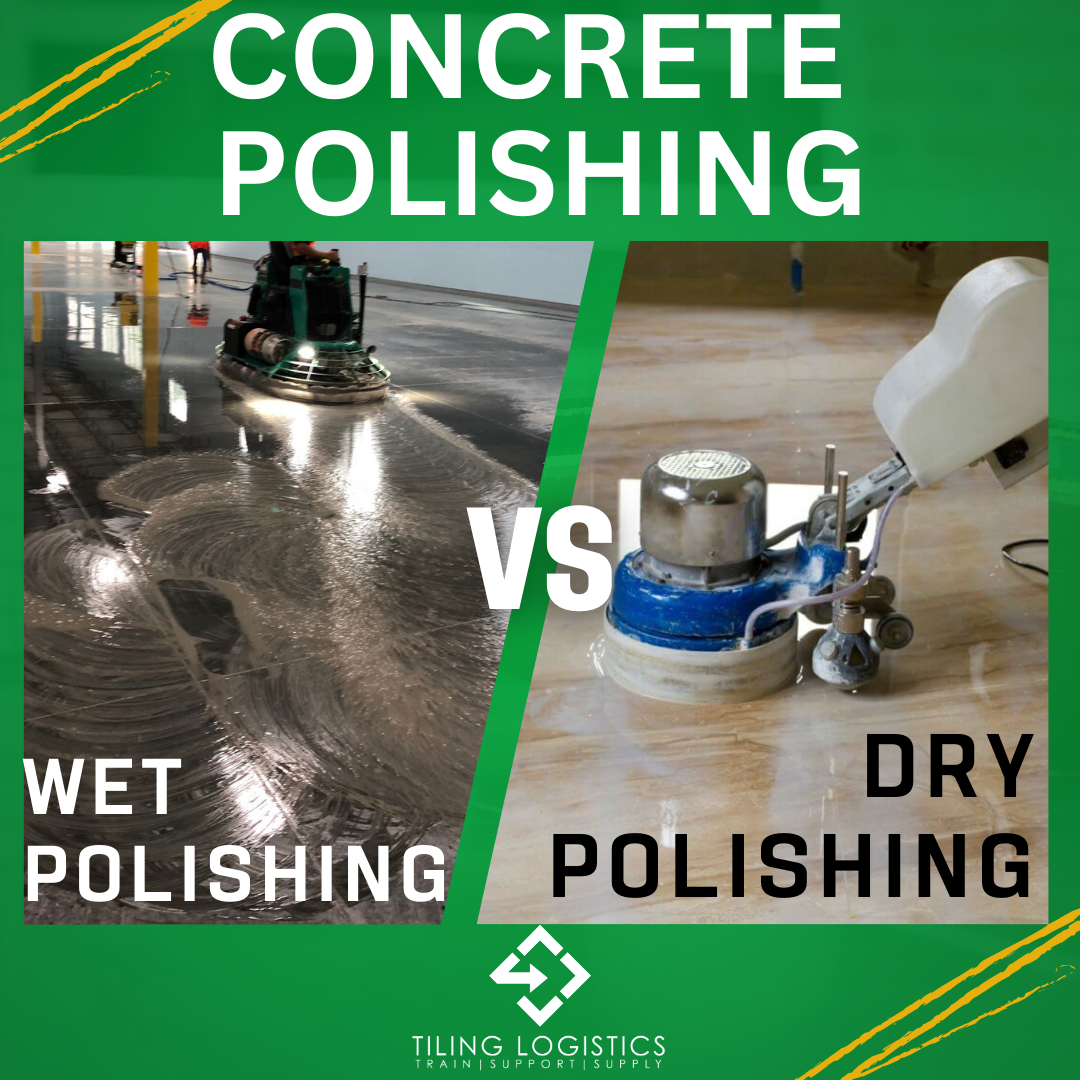 The choice between wet and dry polishing depends on the specific requirements of the job, including the desired finish, the working environment, and practical considerations such as dust control and clean-up. In this article, we'll break down everything you need to know about wet and dry concrete polishing to help you make the best decision for your needs. Continue reading →
The choice between wet and dry polishing depends on the specific requirements of the job, including the desired finish, the working environment, and practical considerations such as dust control and clean-up. In this article, we'll break down everything you need to know about wet and dry concrete polishing to help you make the best decision for your needs. Continue reading → -
How to Repair Travertine Tiles - Cracks, Holes, Chips and Voids
How to Repair Travertine Tiles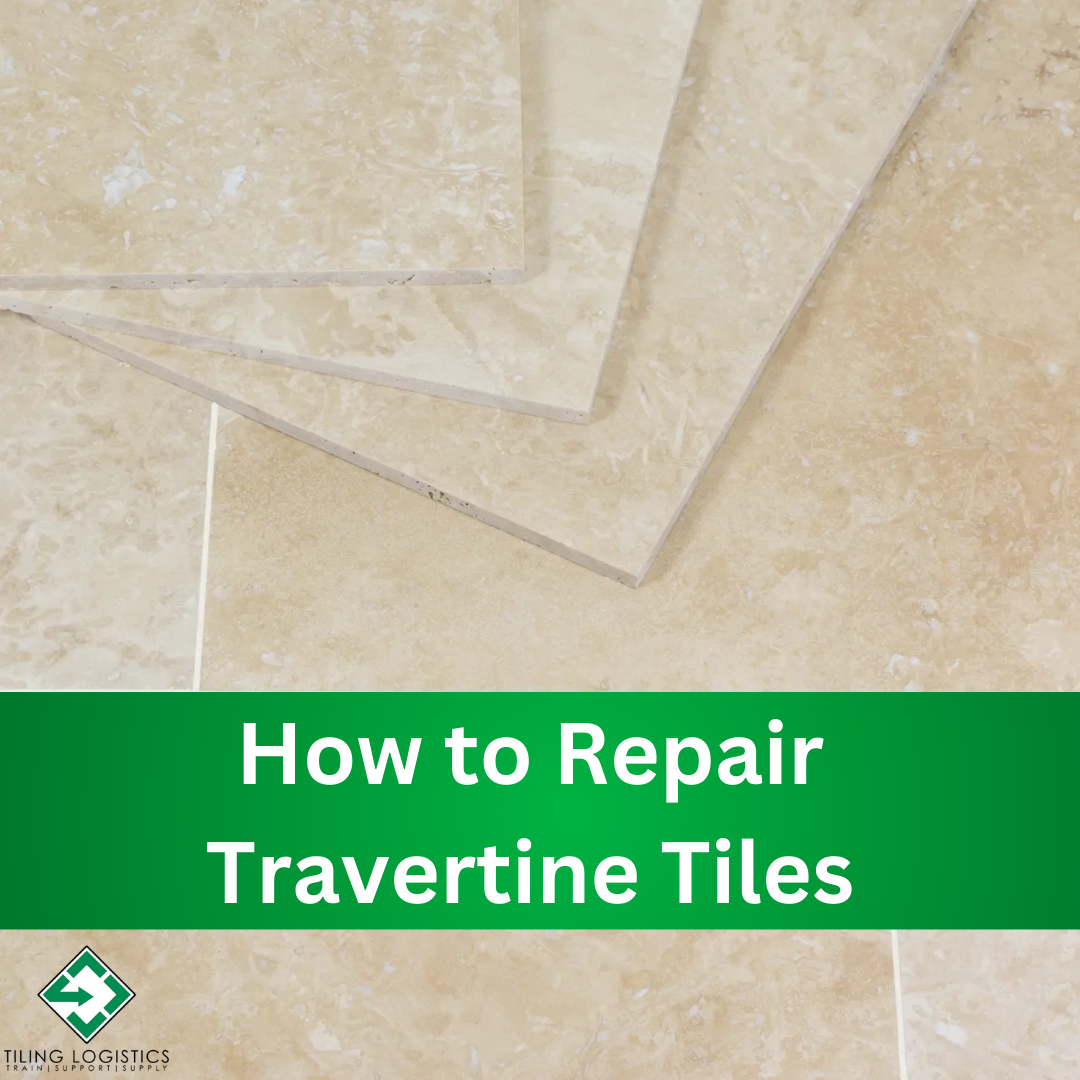 Travertine tiles are susceptible to holes, cracks voids and chips. As well as being unsightly, these damages are dangerous to walk on. Fortunately, these defects are easily repairable with the right tools. You won't even need professional assistance. In this article, we'll explain just how to repair travertine with a complete travertine repair kit. Continue reading →
Travertine tiles are susceptible to holes, cracks voids and chips. As well as being unsightly, these damages are dangerous to walk on. Fortunately, these defects are easily repairable with the right tools. You won't even need professional assistance. In this article, we'll explain just how to repair travertine with a complete travertine repair kit. Continue reading → -
How to Polish Old Limestone Floors
How to Polish Old Limestone Floors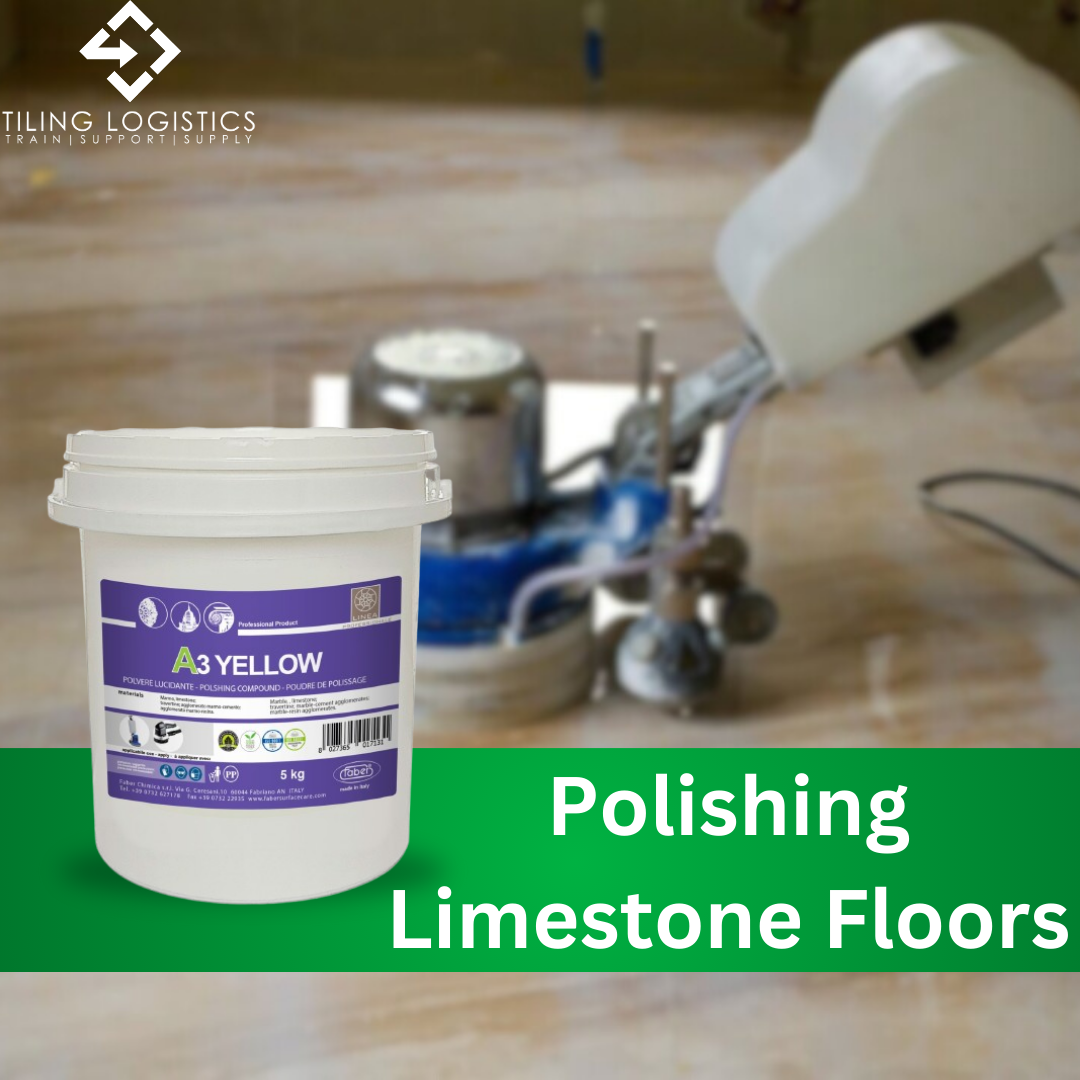 After installation, stone surfaces often appear dull and have no shine. An effective polishing powder indefinitely erases this appearance and leaves a brilliant shine on any surface. Unpolished limestone floors are more vulnerable to water damage and high levels of traffic. Polished surfaces become more durable and water-repellent preventing both minor and major damage. Polishing surfaces also increases their dirt resistance, keeping them cleaner for longer. Continue reading to learn how to polish limestone floors.
Continue reading →
After installation, stone surfaces often appear dull and have no shine. An effective polishing powder indefinitely erases this appearance and leaves a brilliant shine on any surface. Unpolished limestone floors are more vulnerable to water damage and high levels of traffic. Polished surfaces become more durable and water-repellent preventing both minor and major damage. Polishing surfaces also increases their dirt resistance, keeping them cleaner for longer. Continue reading to learn how to polish limestone floors.
Continue reading → -
Terrazzo Flooring Care - How to Seal and Clean Terrazzo Floors
Terrazzo Flooring Care: Sealing, Cleaning and Maintenance Commercial uses for Terazzo - Which industry uses this stone mix for flooring? While hospitals rely on terrazzo for hygiene and durability, airports and commercial buildings tend to use terrazzo in much larger volumes due to the vast square footage covered. Why Seal Terrazzo Floors? Protect the newly polished terrazzo surface and enhance its durability According to the National Terrazzo and Mosaic Association, sealing terrazzo is imperative. In fact, installers typically seal the terrazzo based on a recommendation from the manufacturer. NTMA terrazzo flooring specifications highly recommend a sealer applied to this surface immediately following the final polishing. Continue reading →

